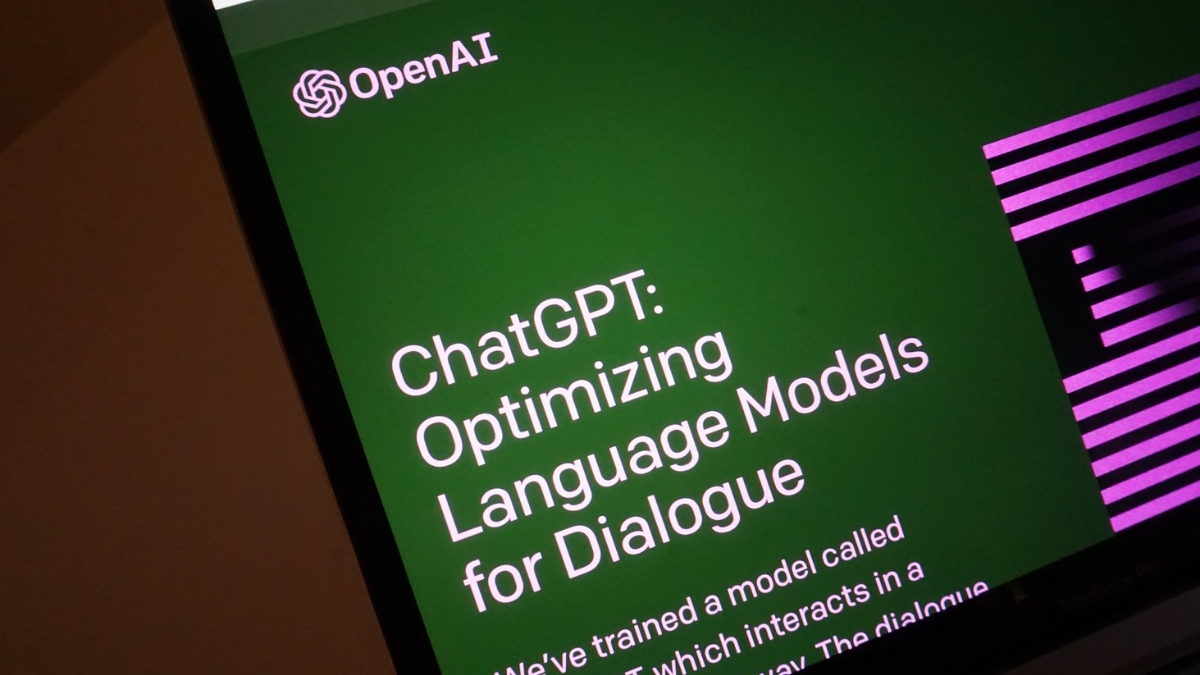- By Vikas Yadav
- Sun, 09 Apr 2023 02:00 PM (IST)
- Source:JND
VIRAL chatbot ChatGPT is making headlines this time for charges of sexual harassment it falsely framed against a law professor. Jonathan Turley received a disturbing email from another law professor (Eugene Volokh) who conducted the research. The model cited a hoax Washington Post article to assert the claim.
The criminal defense attorney further added the media house found that AI-powered Bing also repeated the claims. Microsoft is working to ensure the results are "safe and accurate," said Katy Asher, Senior Communications Director, Microsoft, when Post reached out for a comment.
"...I learned that ChatGPT falsely reported on a claim of sexual harassment that was never made against me on a trip that never occurred while I was on a faculty where I never taught. ChapGPT relied on a cited Post article that was never written and quotes a statement that was never made by the newspaper," the legal analyst wrote on Twitter.
Yesterday, President Joe Biden declared that “it remains to be seen” whether Artificial Intelligence (AI) is “dangerous.” I would beg to differ...https://t.co/uqiIf01n1s
— Jonathan Turley (@JonathanTurley) April 6, 2023
Volokh asked ChatGPT if "sexual harassment by professors" was a menace in law schools in America. It further tasked the model to cite five examples and quotes from news articles.
To which ChatGPT responded, "4. Georgetown University Law Center (2018) Prof. Jonathan Turley was accused of sexual harassment by a former student who claimed he made inappropriate comments during a class trip. Quote: "The complaint alleges that Turley made 'sexually suggestive comments' and 'attempted to touch her in a sexual manner' during a law school-sponsored trip to Alaska." (Washington Post, March 21, 2018)," Turley shared.
The professor never taught at the University, and the news organisation quoted, "No such article exists." In his 35 years of experience, he never went on a trip with students. Further, out of the five examples, three had baseless charges from imaginary articles from the Miami Herald and the Los Angeles Times along with Turley, the news organisation reported.
"It was quite chilling," the professor said in an interview with The Washington Post. Turley's example presents an account of the limitations the futuristic tech has presently.
During the sign up process, "we strive to be as transparent as possible that it may not always generate accurate answers. Improving factual accuracy is a significant focus for us, and we are making progress," The Post wrote, citing Niko Felix, OpenAI spokesperson.

